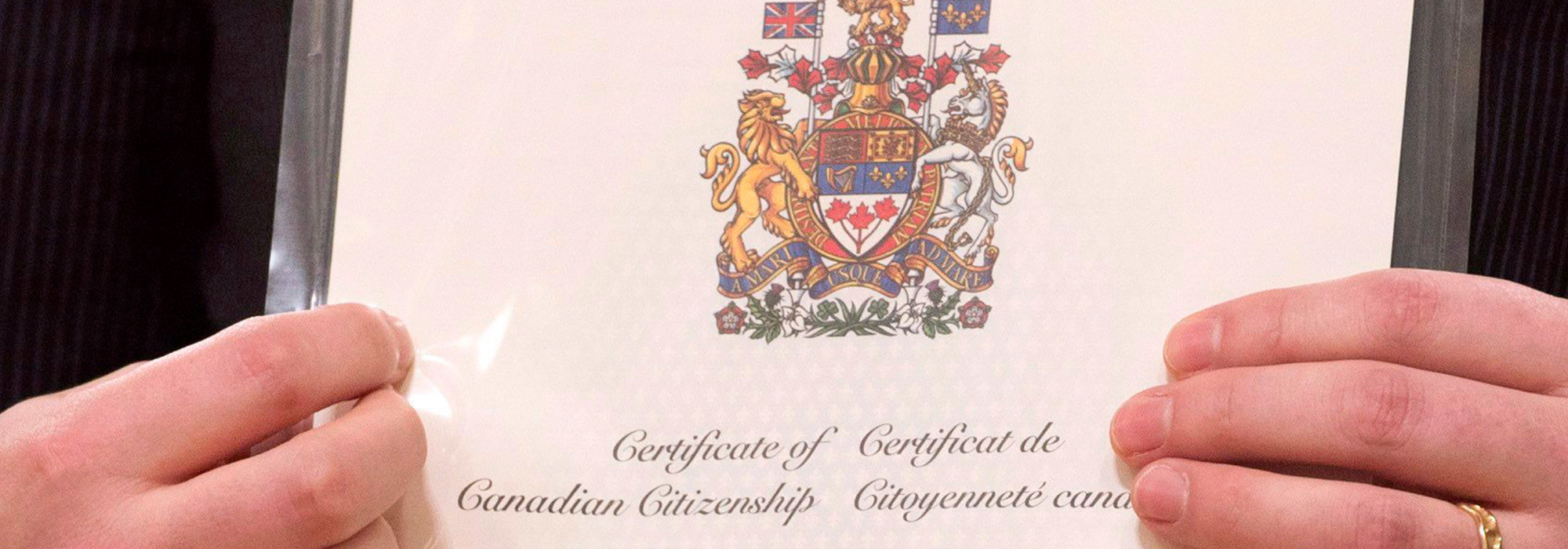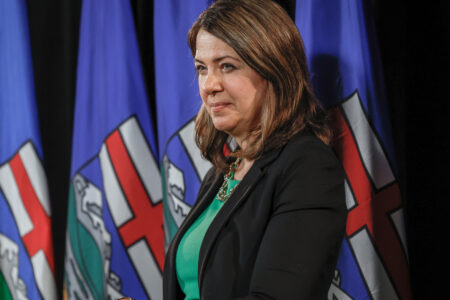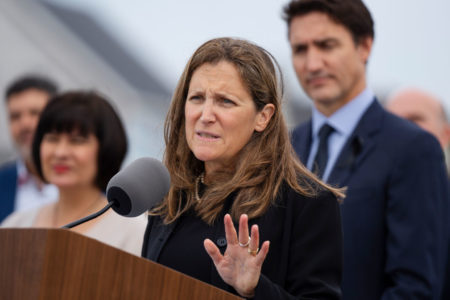
Budget 2017 proposes to replace the User Fees Act of 2004 with a streamlined new “Service Fees Act.” Both acts cover government fees charged for products, regulatory processes, authorizations, permits or licences, facilities; and for services that result in direct benefits to the person or organization paying the fee.
The rationale behind the legislation is to replace what an onerous and lengthy process for raising fees with one that make it easier for departments and agencies to reflect the rising costs of their services. The proposed Act also allows automatic fee increases tied to the consumer price index.
Over the years, many departments had simply chosen not to increase fees because the lengthy consultation process made it not worth the trouble. And, generally, consultations only highlight opposition to increases. As a result, the gap between fees and service delivery costs continued to grow, resulting in a greater draw on general government funds.
But while the User Fees Act consultation process and justification requirements may have been too onerous, the “Service Fees Act” goes too far by removing all meaningful transparency and consultations. To begin with, the Act was introduced as part of the omnibus Budget 2017 bill, meaning reduced parliamentary scrutiny. All that’s required for consultation is that changes be published in the Canada Gazette with a request for input.
We can see how these minimal requirements could be abused in the recent quintupling of citizenship application processing fees from $100 to $530. Originally set in 1994, the fee would have grown to $150 in 2016 had automatic consumer price indexing been allowed.
The increase to $530 was based on the estimated processing cost for adult applications, as determined by an internal departmental analysis in 2012. Immigration, Refugees and Citizenship Canada first obtained an exemption from the User Fees Act in Budget 2013, where the exemption request underwent minimal scrutiny in the House and Senate finance committees and none in the Citizenship and Immigration Committee.
The first increase to $300 in February was announced with the Conservative government’s Bill C-24, The Strengthening of Canadian Citizenship Act, and thus was subject to debate and discussion in both the House and the Senate committees. The second stage was announced in the Canada Gazette just before the Christmas break on December 14, 2013, all but guaranteeing no one would notice at the time and resulting in no debate.
The information included with the Canada Gazette notifications for both fee increases is revealing. The government assumed, for both fee increases, that “the number of applications expected per year is not anticipated to fall with an increase in the fees” and that the annual number of adult applications would remain steady at 182,400.
More than three years after the department obtained its exemption from scrutiny of the User Fees Act, the number of applications has dropped — from 198,000 in 2014 (about the historical norm) to 130,000 in 2015 and 92,000 in 2016. The fee increases were a major factor.
Had there been proper public consultations, this concern would certainly have been raised. The $1,060 fee per couple, plus the additional $100-per-person “right of citizenship fee,” brings the cost to $1,260 (plus $200 per child). This is clearly too onerous for many newcomer families struggling to establish themselves in Canada. The Canadian model of immigrants becoming citizens is being seriously undermined by these exorbitant fees.
Cost recovery needs to be balanced against public policy considerations. As I have previously argued, an adult citizenship fee of $300 (including the right of citizenship fee) would represent a reasonable balance. This would make citizenship more affordable and thus encourage all newcomers to apply for citizenship as soon as possible.
In contrast to the citizenship fee increase, the increase in passport fees went through an in-depth consultation process, starting in the spring of 2010. This included public consultations (open and with key stakeholders), public opinion and market research, and publicization of the proposed fee schedule one year before implementation, with further input permitted. The proposed fees were tabled in both houses of Parliament and reviewed by their relevant committees, before being approved in May 2012.
For industry and industry associations that track Canada Gazette notifications closely, the streamlined process may be less of a concern. However, for members of the general public, who does not read the Gazette, any planned fee changes would likely pass unnoticed, with no meaningful public input.
While it is unlikely that the Commons and Senate finance committees will undertake a serious review of the proposed “Service Fees Act,” the following suggestions would reduce the possibility for potential government abuse of fee setting:
- Insert a provision that explicitly allows for public interest considerations, rather than just cost recovery, to be applied when fees are set. The Treasury Board included public interest considerations in its guidelines for the User Fees Act. But as a fundamental principle, this should be written into the Act itself, rather than relying on subsequent regulations or guidelines.
- Require that any proposed increases that are twice the annual consumer price index adjustment, and that directly impact the public (e.g., passport fees, park fees), be referred to the relevant Parliamentary committee for review in advance.
- Ensure that Treasury Board Secretariat regulations and guidelines reflect these two points as good practices, even if the government chooses not to amend the Act.
While there may have been a need to streamline the consultation process for fee increases, the proposed “Service Fees Act” makes it too easy for government to raise fees without any meaningful public consultation and debate. The government needs to ensure a reasonable balance between efficiency and consultation, particularly for those fees that affect the general public.
Photo: A recipient holds his Canadian Citizenship certificate after receiving it during a citizenship ceremony at Rideau Hall Tuesday January 31, 2017 in Ottawa. THE CANADIAN PRESS/Adrian Wyld
Do you have something to say about the article you just read? Be part of the Policy Options discussion, and send in your own submission. Here is a link on how to do it. | Souhaitez-vous réagir à cet article ? Joignez-vous aux débats d’Options politiques et soumettez-nous votre texte en suivant ces directives.









